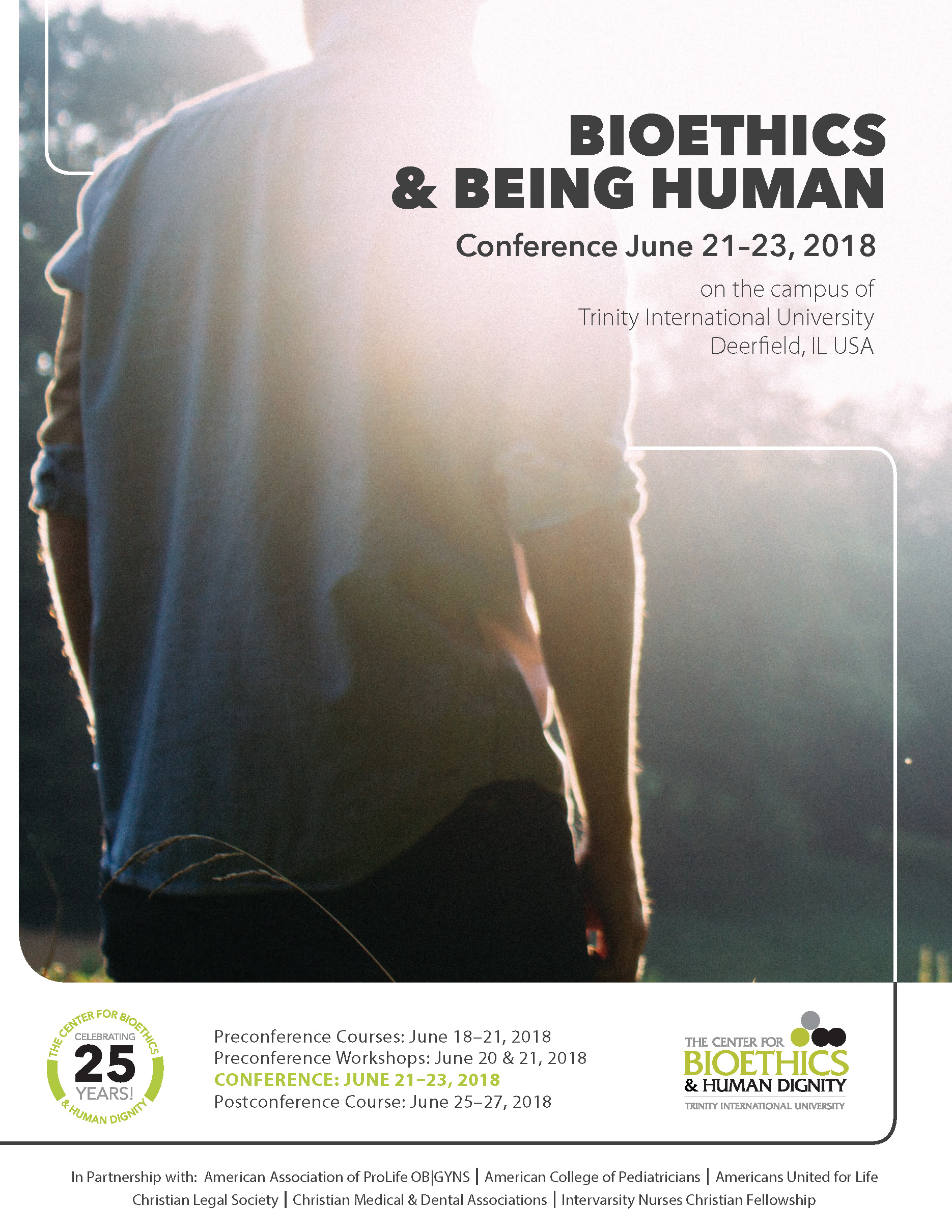
Patients at the end of their lives often stop eating and drinking. Patients at the end of life who are unable to feed themselves have always been offered food, called comfort feeds, and opening their mouths and taking what is offered has been seen as consent. Occasionally, a patient will voluntarily choose to stop eating and drinking (VSED) in order to hasten their death. Most patients who are awake and interactive, have great difficulty not eating/drinking, and even the smallest amount of intake is often enough to prolong life. Physicians are now being asked to support VSED in a variety of ways, as a form of Physician Aid-in-Dying (PAD). These include putting patients into comas so the difficulty of refusing sustenance is removed; not offering comfort oral feeds to dementia patients, providing inpatient support and service to facilitate this practice. The courts are now being asked to consider oral feeding as a medical procedure that can be refused just like other medical procedures (dialysis, ventilator, etc.). This paper will discuss the different types of VSED, the logistics, and the ethical implications of each.